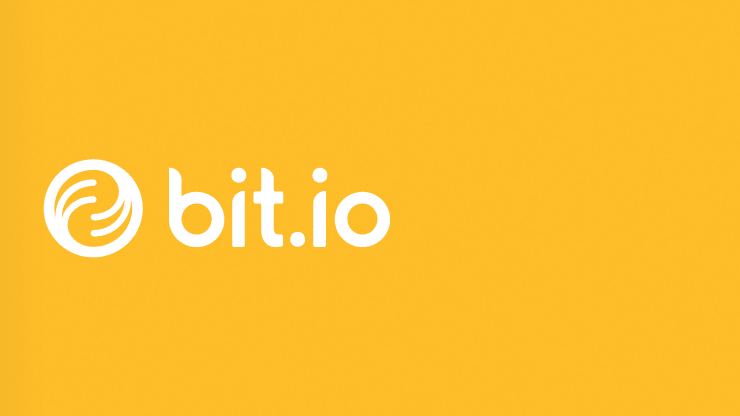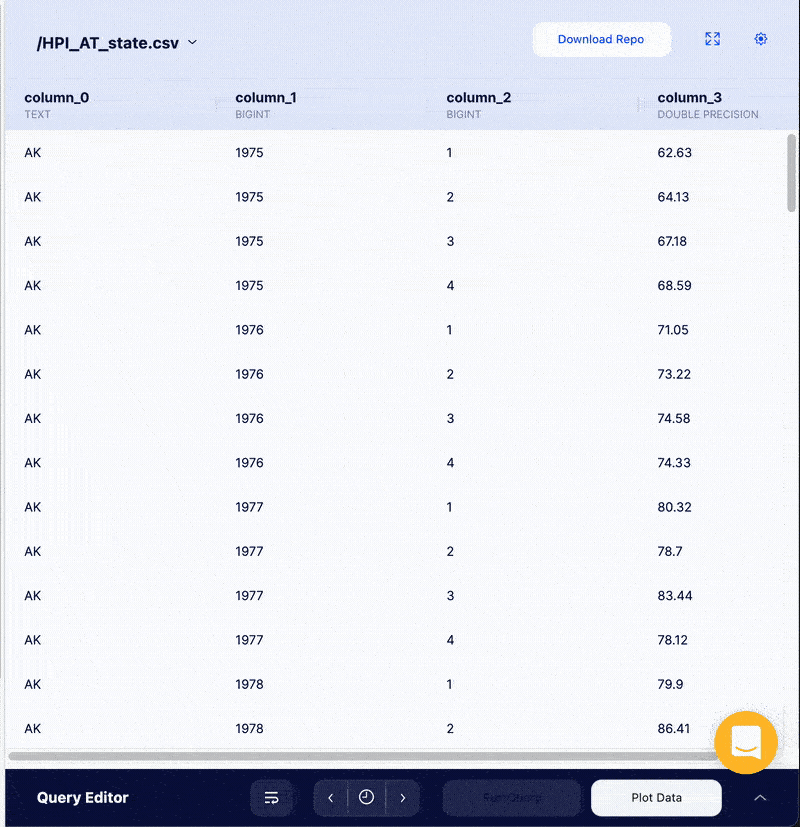A Day in the Life of a Software Engineer @ bit.io
We caught up with bit.io to see what a day in the life of a Software Engineer is like at bit.io

Update Sept 2023: bit.io were acquired by Databricks in May 2023
bit.io is a startup that provides a cloud Postgres database with GitHub-like features for data scientists and software engineers. Their goal is to make data scientists as productive as possible and become the world’s home for data.
bit.io makes setting up a PostgreSQL database as fast and as easy as possible, with no configuration. Once your database is created, the app allows data scientists and software engineers to query/transform data and build complex dashboards in their favorite BI tool

For more information, check out their docs.
What is an average day like for a software engineer at bit.io?
We have a 15-minute daily standup in the morning to resolve blockers. Once complete, the rest of the day we try to keep as open as possible to allow engineers to focus on what they're working on. Our focus is to minimise irrelevant meetings, and to maximize deep work.
Would you like a 4 day work week?
What is the tech stack used at bit.io?
- Python
- Django
- React
- Tailwind
- Golang
- Kubernetes
- PostgreSQL
- Google Cloud Platform
What are the top 5 tools bit.io couldn't live without?
- Remotion
- Clubhouse
- Quill
- GitHub
- Datadog
How have you implemented your 4 day work week?
We work 8-hour days, Monday to Thursday - a 32-hour workweek. Put simply, every weekend is a 3-day weekend!
What made you choose a 4 day work week?
Research has shown that employee output is the same in a 4 day week vs. a 5 day week, likely due to diminishing returns on hours worked and increased productivity by well-rested employees. A shorter week also means our employees are happier and less prone to burnout.
We began with a trial 4 day week and eventually decided we would only stop if we thought we felt we would have gotten more done in 5 days. Two years into the “trial", we are still working a 4 day work week.
There are of course some exceptions. For example, sometimes we have deadlines that can't be moved, and as most companies work on Fridays, we sometimes have an external meeting scheduled on Fridays - but these are exceptions and are avoided if we can.
What has the feedback been from employees regarding the 4 day week?
The feedback has only been positive. For example, our employees use the extra day off to do lots of different things, e.g.:
- "I visit my local animal shelter"
- "I travel much more"
- "The extra day gives me more time to spend with my kids"
- "More time to play about with new tech"
- "In the winter I like to Ski on Fridays to avoid the crowds"
- "I use the extra time for personal projects, errands and appointments"
- "Long walks in the park with my dog"
You can read more about our staff's experience of our 4 day work week in a recent blog we wrote.
Are salaries tied to location? If so, how does it work?
We don't do cost of living adjustments - salaries are the same no matter where you live
We compensate based on 3 principles:
- Fairness: We offer San Francisco market rates despite being a fully remote company
- Equality: Everyone at the same role & level gets paid the same. Salaries and equity are non-negotiable. Why? Women are more likely to negotiate less, and are more likely to undervalue their contributions. Additionally, Black applicants are less likely to receive the salary & equity they ask for due to biased assumptions.
- Transparency: The salaries of everyone in the company is transparent (internally).
For equity, we calculate how much equity an employee receives based on their role, level, employee number, and start month.
You can read more about our compensation methodology in a blog we recently published.